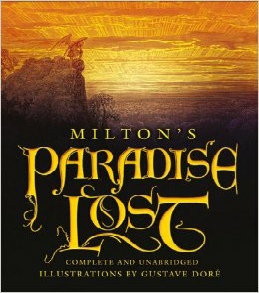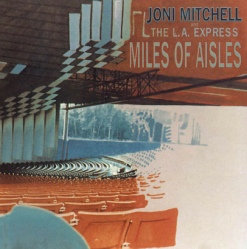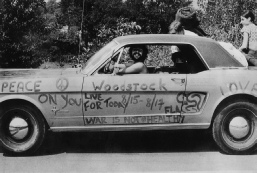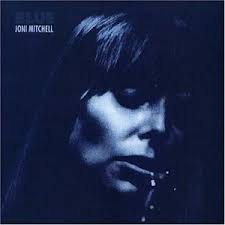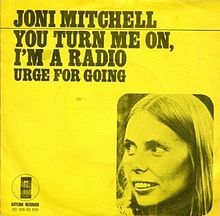


© 2015 et seq Planet Englewood is a production of A Number of Things, LLC who is solely responsible for its contents.



Earth Day Countdown:
Paradise Lost - But Parking Spot Found!
By B SHAWN CLARK
April 19, 2016
ENGLEWOOD (Three Rocks Out, then Three Roles, from Sol). Just by closing the car door and driving off, with nothing but what was playing on the radio, or in their heads, humans sought to defy the notion that no Man is an Island (the women are another story – but one not very much different), living out a good portion of their lives in a mechanized cocoon, separate and apart from everyone else, paying little heed to the fossilized dinosaur entrails they were feeding upon, the massive environmental destruction that was the foot print upon which their wheels rolled, nor the limits of the resources that sucked the very life out of the Earth they ran unwittingly over, despite the best efforts of Joni Mitchell, who whispered, through their radio airwaves, sometimes less than sweet nothings into their ears.
Big Yellow Taxi (1970) had more than a few choice words to say to those who cared to listen, wending their way from one place to the other in and to total oblivion, separate and apart not only from one another, but the natural world that had been paved to give them smooth passage. That world had once been thought of as a lush, beautiful place that nature had bestowed upon the humans, now rendered a Paradise Lost, covered in concrete, asphalt and steel that served as a now-desolate space of conveyance, allowing the humans to travel along their chosen paths in solitude (with maybe an occasional passenger allowed to go along for the ride):
They took all the trees
And put them in a tree museum
Then they charged the people
A dollar and a half just to see 'em
Don't it always seem to go,
That you don't know what you've got
‘Til it's gone
They paved paradise
And put up a parking lot
Released as a single from Ladies in the Canyon the same year (1970) as 5 of the 6 top songs on this Best-of Earth Day Tunes List (the 6th being released the following year), Joni’s Big Yellow Taxi, true to form with its contemporaries, fared not so well on the charts in the United States (#67) as compared to elsewhere (in her native Canada #14, #6 in Australia, and #11 in the UK), although it did better in the states when the live version was released in 1974 (#24) and when covers came out in the years since by other artists such as Maire Brennan, Amy Grant, Counting Crows and even Bob Dylan, as well as a new version she herself released.
The song has become somewhat of a signature for this great singer-songwriter, who, in an interview in 1994, herself described it (along with Circle Game) as almost a “nursery rhyme” – becoming “part of the culture”. This comes from an artist who has deeply influenced many other musicians in many different genres, whom Rolling Stone called “one of the greatest songwriters ever” and AMG described thusly:
When the dust settles, Joni Mitchell may stand as the most important and influential female recording artist of the late 20th century.
But when said dust does settle, and the door is pulled to, the case, as well as the entryway into each person’s conscious (and consciousness) is likewise closed, leaving each human being to consider, alone in their car or other singular space all their own, not only their own fate, but that of those shut out:
Late last night
I heard the screen door slam
And a big yellow taxi
Come and took away my old man
Don't it always seem to go
That you don't know what you've got
‘Til it's gone


#4
